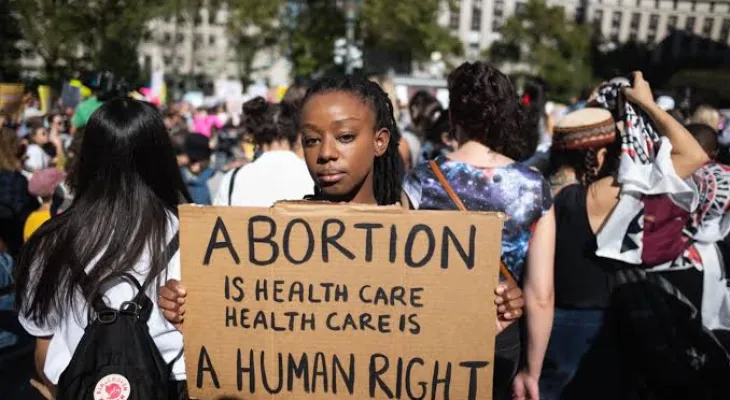
Religious Leaders in Sierra Leone Reject Proposed Abortion Bill
Religious leaders in Sierra Leone have voiced strong opposition to a proposed law aimed at legalizing abortion. The Inter-Religious Council of Sierra Leone (IRCSL) condemned the draft "Safe Motherhood and Reproductive Health Care Act 2024," stating it conflicts with core religious beliefs and the sanctity of life.
The proposed legislation seeks to establish standards for reproductive health services, including family planning, and grant women the right to make decisions regarding their reproductive health. Advocates argue the law would enhance access to healthcare and improve maternal health outcomes across the country.
However, religious leaders, led by Archbishop Edward Tamba Charles of the Catholic Archdiocese of Freetown, argue the bill disregards moral principles and promotes abortion on demand. They assert that abortion violates the teachings of both Christianity and Islam, which prohibit the taking of life except in extreme circumstances, such as when the mother's life is in danger due to a medical condition.
In their statement, the IRCSL criticized terms in the bill, such as "family planning" and "sexual and reproductive health services," which they claim implicitly endorse abortion. The leaders emphasized that life begins at conception and described abortion as morally equivalent to murder, citing severe psychological and physical consequences for those involved.
The council also expressed concerns about the bill's potential to weaken family structures by granting women the sole authority to decide on abortion without consulting spouses or family members. They warned that legalizing abortion could lead to population decline and erode societal values.
The religious leaders urged lawmakers to reject the bill, emphasizing the need to uphold the sanctity of life and protect moral and ethical principles. They called for a legislative framework that prioritizes preserving life and aligns with the country's cultural and religious heritage.
Religious leaders further cautioned against promoting modern concepts of "sexuality" that contradict traditional beliefs, urging the government to respect the religious perspectives of the majority of Sierra Leoneans.
As debates continue, the proposed legislation has sparked a broader conversation about the balance between reproductive rights and cultural values in Sierra Leone.




















